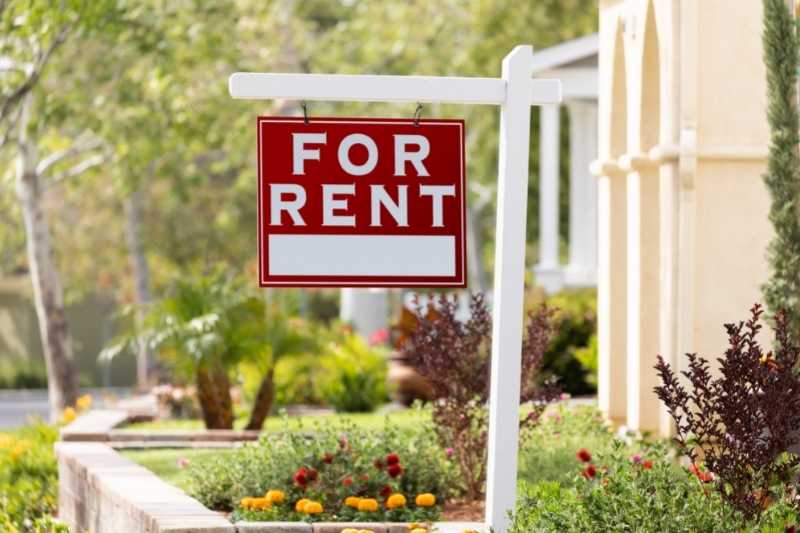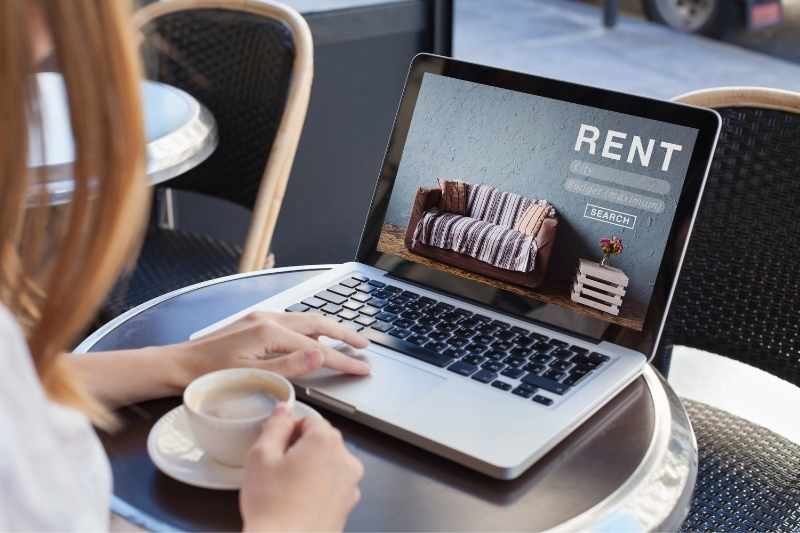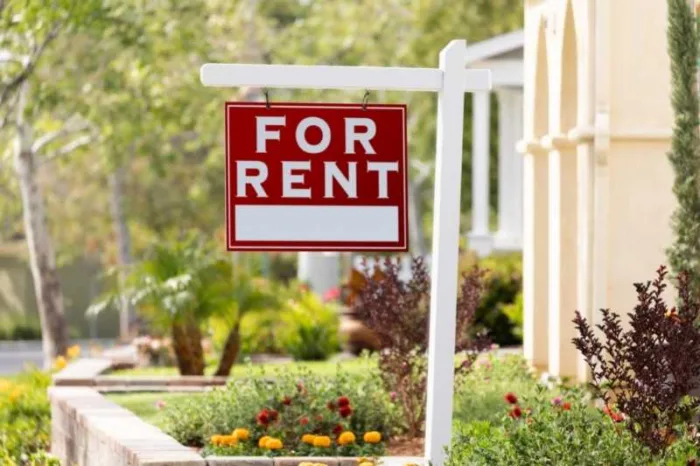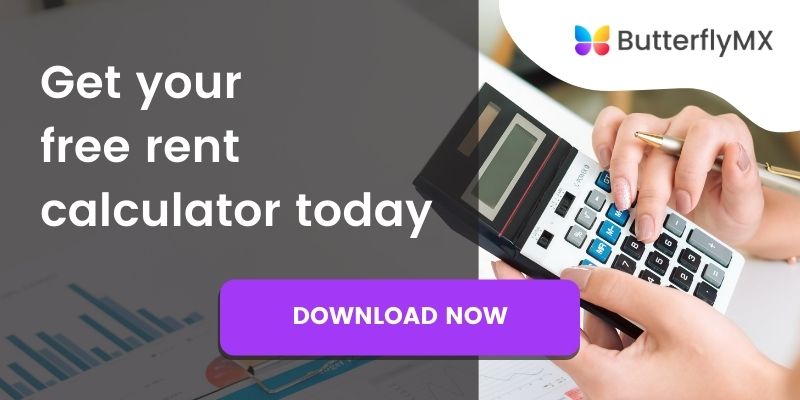
As a rental property manager, you know how much market prices fluctuate. So, determining how much to charge for rent at your property can feel overwhelming. If you raise the rent too quickly, you risk losing valuable tenants. However, if you keep rent to a minimum, you’re leaving money on the table.
This post will walk you through everything you should consider to create an effective property management budget with reliable rental income.
Choose the right rent prices in three easy steps:
Discover the top 3 ways to determine how much to charge for rent:
1. Determine your property value
Research is the most crucial step in determining how much to charge for rent and must not be overlooked. Cutting corners in this stage can result in you missing out on potential profits.
So, how do you determine your property value?
It’s easier than you may think! There are many resources available to you that gather data about your local rental market. For the best results, compare multiple sources of information.

How to figure out the value of your rental unit:
- Review the Fair Housing Market data: Every year, the U.S. Department of Housing and Urban Development (HUD) shares a report that recommends prices for rental units. To use the website, you simply enter the state and county where your property is located, and the report recommends how much to charge for rent.
- Research your competitors: The HUD report doesn’t take into account all that your property has to offer. Take advantage of popular rental websites like Apartments.com, LoopNet, and Facebook Marketplace to learn what similar properties in your area are charging.
- Take advantage of your property management CRM: You are not the first property owner or manager to ask themselves, “how much should I charge for rent?” As a result, most leading property management software options include market data resources to help. If you have a property management CRM (and you should!), check if they offer any tools for estimating rent prices.
2. Review your budget
No matter what type of property you run, you need a budget. Essentially, this serves as a way for you to track net-operating income and expenses to make sure you always come out on top.
So, why review your budget before you decide how much to charge for rent?
Well, your budget tells you two vital things about your rental prices:

Your lowest viable rent price
If you’re wondering how to determine how much to charge for rent, this number is essential. Once you know your lowest rent price to make ends meet, you have established a baseline.
To determine the lowest amount of rent you can charge for your units, take a look at your expenses. At the bare minimum, your rental income must cover the costs of running the property, including repairs and staff.
Now you know that, no matter how much a tenant may haggle, you cannot go lower than a set price. This number also helps you determine if you need to raise the rent for existing tenants renewing their leases.
How much you can spend on upgrades and marketing
Perhaps you did the math and realized that the average unit in your area rents for less than your lowest viable rent. Maybe you’re just looking to increase your income. Either way, the first step is to consider how you can increase the value of your units.
Before you hike up rental prices, you need to add more value to your tenants to justify that price. That way, existing tenants will renew their leases and you’ll still attract the best new renters.
Valuable investments you can make to your units include:
- Smart technology: Compete with luxury rentals in your area and earn more income by upgrading to the latest technology. Features like smart locks and temperature controls are valuable to your tenants so they are willing to pay more in rent.
- Mobile access control: Tenants will pay a premium for convenience. From multifamily apartment buildings to offices, every rental property benefits from keyless access. Your tenants will be happy to pay more for a unit they can easily access from their smartphone and you’ll save on the costs of managing old-fashioned key systems.
- Improved deliveries: Did you know that 31% of renters would pay more for a unit with a package management system? Lost mail and packages are not only a huge pain for your tenants, but deliveries also pull your staff away from other tasks. Earn more in rent and spend less on labor by upgrading to a seamless delivery system.
Watch how ButterflyMX Package Room deliveries work:
Don’t forget marketing costs!
Take a look at your previous expenses. When you compare how much you spent marketing properties, including listings and free months of rent, in the past, you can settle on cost-per-lead and cost-per-lease numbers. Cost-per-lead tells you how much you spend on marketing for each prospective tenant. However, the really important data here is to know how much it costs you to find a new tenant. This is your cost-per-lease.
For example, short-term rentals often collect higher rent per month but you have to spend money on marketing more often. On the other hand, long-term rentals provide reliable income at lower marketing costs. However, when tenants sign a long lease you’re committing to a fixed rental rate.
This is a complex formula because the more you spend, up to a point, the more rent you can collect. But, at the end of the day, make sure you’re advertising enough to fill your units without overspending.
3. Decide how much to charge for rent
Now that you’ve researched market rates and reviewed your budget, you should have a ballpark number for your rental prices.
It may feel like a lot of effort just to set your rent prices. However, putting in the legwork now guarantees you’ll maximize your profits by getting the best price possible for your units.

So, how do you calculate rental rates?
The best way to calculate your rental rates is to organize all the numbers into one easy equation.
Don’t panic!
It doesn’t take a degree in advanced mathematics to calculate the best rental prices.
We’ve done the hard work for you and put together a formula that brings together everything we’ve learned so far. Your property is unique, so use this resource as a jumping-off point for how you can choose your own rental rates.
Keep in mind: you should revisit rent prices each year to account for rent growth trends.






